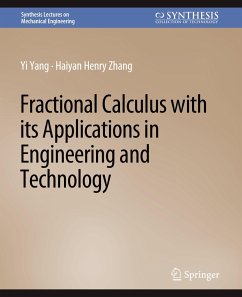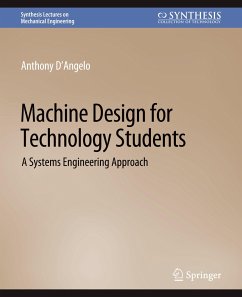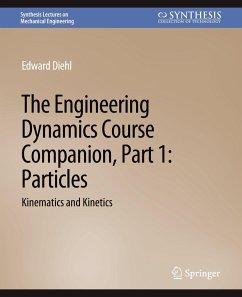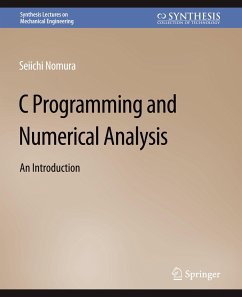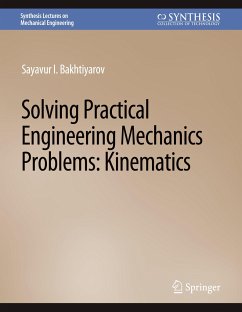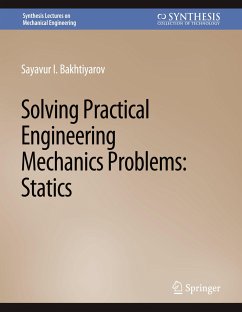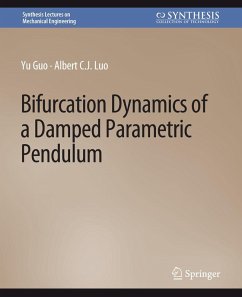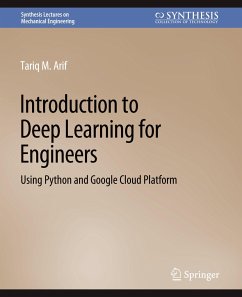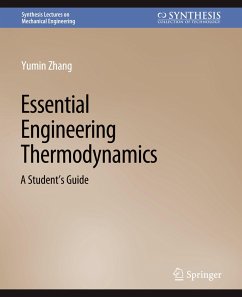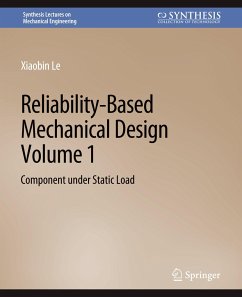
Cold Atmospheric Plasma (CAP) Technology and Applications

PAYBACK Punkte
0 °P sammeln!
Cold atmospheric plasma (CAP) is a promising and rapidly emerging technology for a wide range of applications, from daily life to industry. CAP's key advantage is its unique ability to effectively deliver reactive species to subjects including biological materials, liquid media, aerosols, and manufactured surfaces. This book assesses the state-of-art in CAP research and implementation for applications including agriculture, medicine, environment, materials, catalysis, and energy. The mechanisms of generation and transport of the key reactive species in the plasma are introduced and examined in...
Cold atmospheric plasma (CAP) is a promising and rapidly emerging technology for a wide range of applications, from daily life to industry. CAP's key advantage is its unique ability to effectively deliver reactive species to subjects including biological materials, liquid media, aerosols, and manufactured surfaces. This book assesses the state-of-art in CAP research and implementation for applications including agriculture, medicine, environment, materials, catalysis, and energy. The mechanisms of generation and transport of the key reactive species in the plasma are introduced and examined in the context of their applications. Opportunities and challenges for novel technologies, fresh ideas/concepts, expanded multidisciplinary study, and new applications are discussed. The authors' vision for the converging trends across diverse disciplines is proposed to stimulate critical discussions, research directions, and collaborations.





